The main provoking factor of nail fungus is infection - the penetration of pathogens into the nail plate. Therefore, in order to defeat the disease, doctors prescribe various remedies for fungus on the legs. In the pharmacy chain at the moment they are presented in a wide range - tablets, sprays, as well as varnishes and ointments. With a timely and comprehensive impact, the disease can be dealt with in a short time.
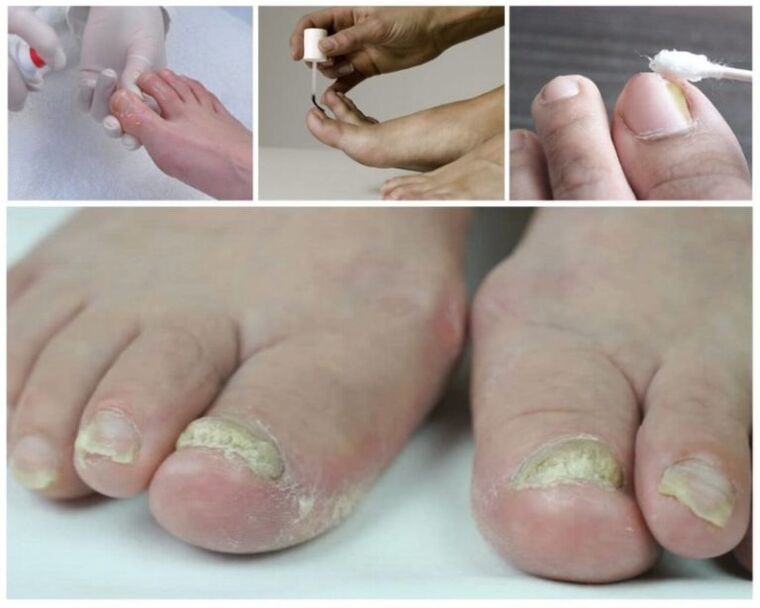
Types of nail fungus medications
In direct dependence on the clinical features of the fungal infection, as well as the prevalence of the disease, the specialist will recommend the best therapy option.
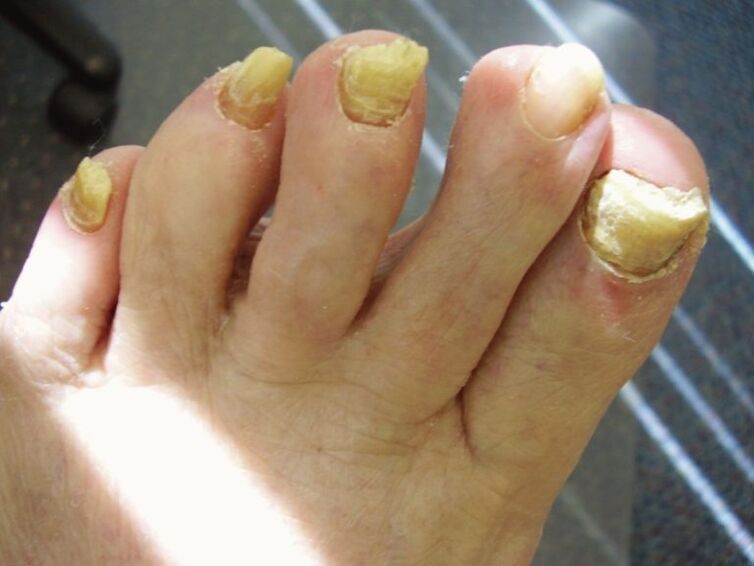
With onychomycosis, drugs are chosen from the following types:
- With a fungicidal effect - effectively inhibit the activity of most subgroups of fungi.
- Means from the allylamine subgroup are effective against mold and yeast microorganisms.
- Preparations based on morpholine - suppress the viability of fungi due to a violation in the structure of their membrane.
- Other medicines: based on undecylenic acid, with essential oils, with herbal ingredients.
When choosing a particular antifungal agent, the doctor must take into account its price, since therapeutic measures will need to be carried out for a long time - sometimes up to six months or more.
Topical preparations
In order to suppress the fungal flora directly in the tissues of the nail, experts are considering medications of local antifungal action. The pharmaceutical industry produces them in several forms:
- ointments, creams;
- varnishes;
- sprays;
- serums, solutions;
- keratolytic patches.
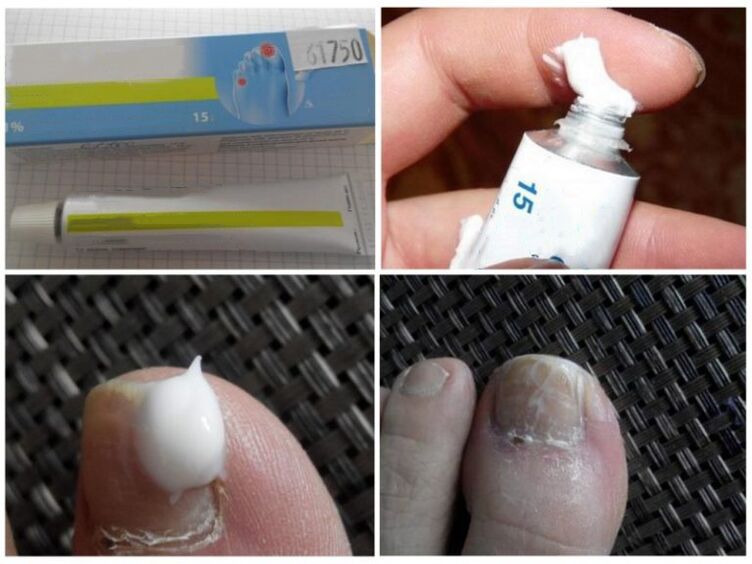
As a rule, the listed funds will be effective at the initial stage of onychomycosis - in case of damage by fungal microorganisms no more than 2/3 of the area of the nail on 1-2 toes. In other cases, local therapy is carried out as an additional measure to combat the disease.
The use of varnishes and antifungal creams has its own characteristics - to accelerate the penetration of the active components of the drug from the fungus inside, preliminary preparation is required:
- steaming the affected part of the nail - for example, in a soda-salt solution during a foot bath;
- removal of the diseased part of the nail - for example, with pedicure scissors, or with a file;
- applying a disinfectant solution;
- treatment with antifungal medication.
A healthy nail will gradually grow back. However, this will require patience.
Systemic drugs
In the case of massive infection with fungal microorganisms (a large lesion area, infection of not only nails, but also other parts of the body with vivid clinical manifestations, the formation of complications), doctors resort to systemic drugs. Their goal is to suppress the growth as much as possible, as well as the reproduction of pathogenic agents of the fungus.
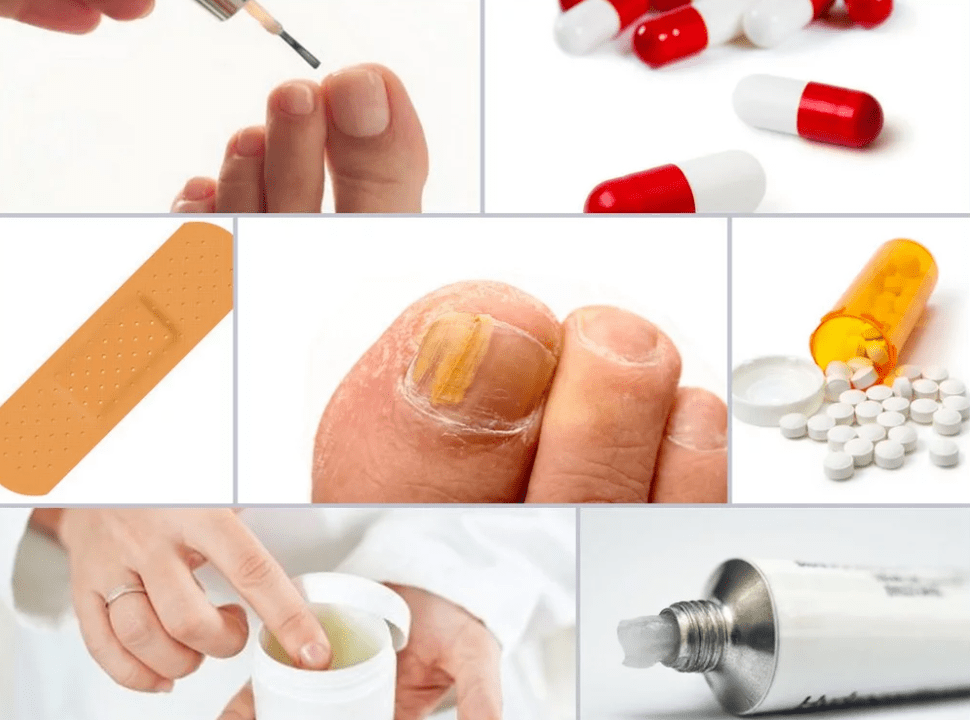
Of course, these drugs have their own advantages:
- the ability to penetrate deeper into the tissues, which local funds are deprived of;
- preservation of the drug concentration in the places of application for longer - up to several weeks, even months;
- less laboriousness of use, especially with several fungal foci - it is enough to take tablets 1-2 times a day;
- cost-effectiveness - as a rule, 1 bottle of the drug from the fungus is enough for the course of treatment.
Of the shortcomings of antifungal drugs, doctors indicate:
- increased toxicity to the digestive system and the patient's body as a whole;
- the inability to use in certain subgroups of patients - for example, in children, pregnant women, as well as the elderly;
- some systemic antifungal drugs are lowered to be introduced into the body only under stationary conditions.
To reduce the risk of side effects from taking medications, experts prescribe them in short courses - in complex therapy, along with local varnishes or sprays.
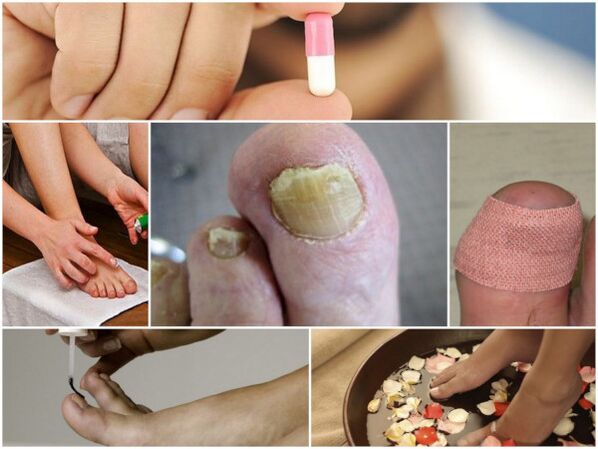
List of effective medications for toenail fungus
It is difficult for a person who is ignorant of the features and mechanisms of the antifungal effect of pharmaceutical drugs to figure out which drugs will have the desired therapeutic effect faster. In the arsenal of a modern mycologist, there are many powerful, proven remedies for fungus:
- Antifungal varnishes.
- Fungicidal creams are advisable for shallow penetration of the fungus into the nail or damage to the adjacent soft tissues of the fingers.
- Keratolytic agents are an excellent alternative to hardware getting rid of the fungus on the feet, they are advisable for extensive lesions.
- Systemic antimycotics - necessary for severe nail fungus.
Self-medication of a fungal disease is absolutely unacceptable. The best drug regimens for fungal microorganisms should be selected by a doctor. In this case, the treatment will be effective, fast and safe.
Advantages and disadvantages of drugs from the allylamine subgroup
In the pharmacy network, drugs from the allylamine subgroup are presented in different dosage forms:
- cream,
- pills,
- spray.
The drug is a prominent representative of antifungal drugs from the subgroup of allylamines. Therefore, it is inherent to have a powerful antifungal effect against most fungal microorganisms.
When taken orally, the active component of the drug rapidly accumulates in the tissues. At the same time, the systemic effect can persist for a long time due to the high concentration of the fungicidal drug in the nail bed. Thanks to this feature, the treatment time for onychomycosis can be significantly reduced.
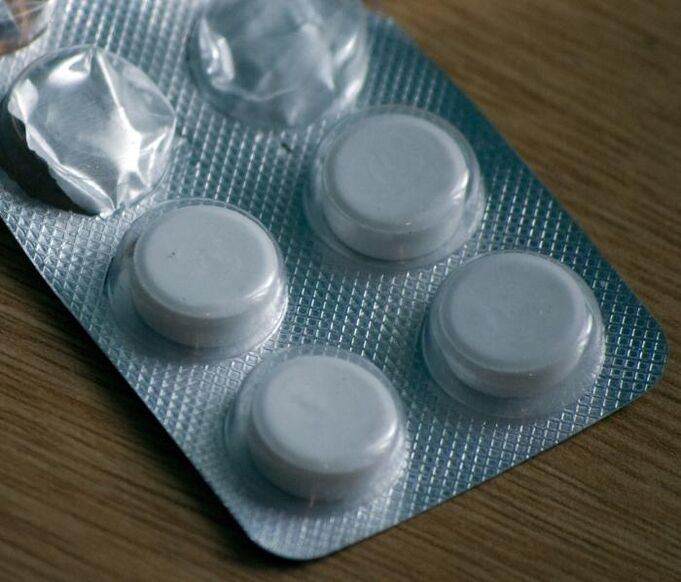
Contraindications are indicated in the attached detailed instructions from the manufacturer:
- individual human hyperreaction to the main and additional components of the medication;
- children of the infected - children under 10–12 years old;
- decompensated disorders of liver cells, as well as kidney.
With extreme caution, a remedy for the fungus is prescribed for people prone to allergic conditions. Sometimes, against the background of therapy, undesirable effects are formed:
- headaches;
- dyspeptic disorders;
- joint as well as muscle pain;
- allergic rashes;
- sleep disorders;
- hair loss.
The cost of the medicine will depend on the form of release, region, volume of the bottle.
Features of the use of drugs based on terbinafine
Mycologists begin antifungal treatment with terbinafine-based drugs, since the manufacturer produces the drug in several forms - from tablets and solutions to varnishes and sprays. This expands the possibilities of getting rid of nail fungus even in the advanced stage of the course of the disease.
With the correct selection of antifungal therapy regimen, positive results are noticeable by the end of the second week from the moment these funds are used. Spraying the active ingredient in the form of a spray, as well as taking tablets, is considered to be a particularly successful combination.
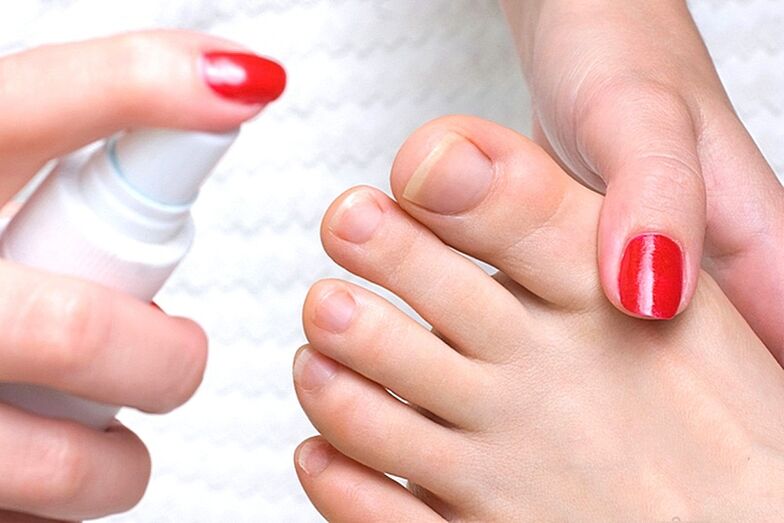
However, the main advantage of the drug against the fungus is a wide range of local forms. So on the pharmacy shelf are varnishes, ointments, and spray. It is enough to apply them pointwise, which avoids unwanted systemic complications. In this case, the concentration of the active substance remains high for a long time. This allows you to use the medication not only for therapeutic, but also for prophylactic purposes - to prevent re-infection of the nails. It is extremely rare that a medicine for a fungus can provoke:
- rashes;
- increased local burning;
- unpleasant itching after application.
The form of tablets, when taken uncontrollably, can cause disorders of the functioning of the immune, nervous, as well as the digestive and musculoskeletal systems.
Fluconazole-based fungus treatment
A modern powerful agent, which contains fluconazole, as a rule, is introduced into the regimen of antifungal therapy, including in case of infection of toenails, with massive lesions by fungal microorganisms. Available in two forms - tablets and capsules.
The instructions for use from the manufacturer describe in detail the best scheme for influencing the fungus for different types of onychomycosis. Since the treatment will require long-term use of tablets, the mycologist selects the frequency of administration and the duration of therapy on an individual basis.
In combination with local forms of antifungal drugs - varnishes, sprays, drugs of this group in capsules will have the required therapeutic effect. This speeds up the recovery time many times over - the nails become clean and beautiful.
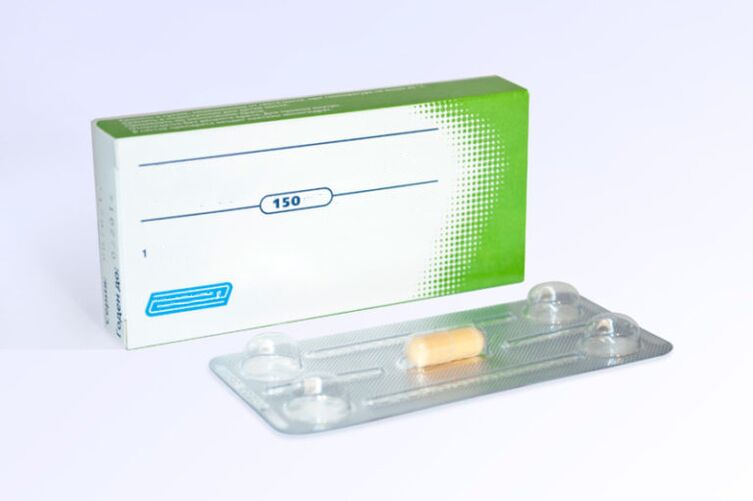
Contraindications to the drug:
- children under 12 years of age;
- in women - the period of intrauterine bearing of the fetus;
- lactation;
- severe functional disorders in the structure of the liver, as well as renal tubules;
- individual hyperreaction.
The cost directly depends on whether the original active substance is used for the production of tablets. The drugs are quite affordable in terms of price. Whereas its counterparts can cause significant financial damage.
Alternative remedies for nail fungus
In addition to the advertised antifungal drugs, alternative drugs will cope with the disease. Popular with doctors and patients are:
- Antiseptics - have a pronounced disinfectant and bactericidal effect, while such drugs are enough to apply once a day for two months;
- Oral freshener with menthol - used in the form of foot baths, for example, in combination with apple cider vinegar, the duration of the procedure is about 15-20 minutes every day;
- Boric acid-based products - for getting rid of nail fungus when used correctly.
Success in the fight against the fungus on the toenails largely depends on the timeliness of the started antifungal treatment. Even a single small spot may indicate the penetration of fungal microorganisms into the thickness of the nail plate. It is necessary to deal with them in a complex way - with the help of tablets, ointments, medicinal varnishes.

























